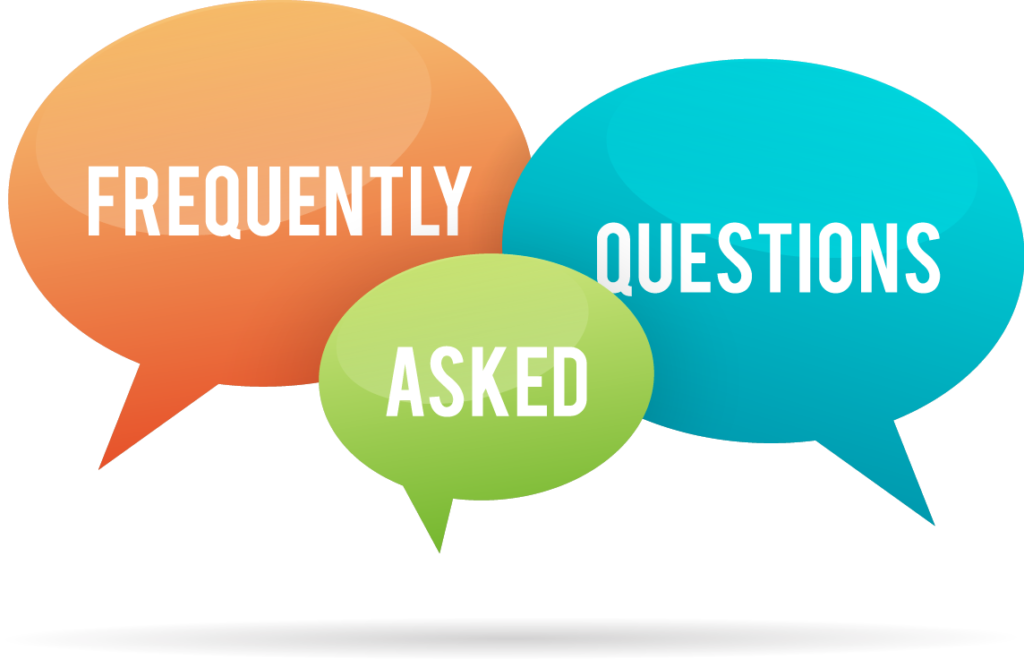
What Questions do you have?
We know you might have a lot of questions about what to do next? What is the best way to proceed? How long will it take, etc.
Please take a look at the below questions and answers, as they should help you to get a better idea.
Of course, we are happy to talk to you about your individual needs, however this might help answer some questions, and certainly it might bring up some additional questions. We are here to help.
(NOTE: Click on the question near the “+” and the answer will be displayed)
Having a trust instead of a will allows your heirs to avoid going through the probate process.
This has three major advantages: it allows you more control over the process; it keeps probate fees from
draining money from your estate; and it allows matters to be wrapped up much more quickly (usually 2-4
months instead of 9-20 months).
A Will gets your wishes across, but it only gets implemented through the probate process.
Probate is a time consuming and expensive court oriented process. It is exactly the kind of thing that your heirs do not want to be dealing with when they are already grieving your death.
I guide you through all of the questions and decisions you need to make regarding your end of life documents. Ultimately I can write your Will, your Trust, and your Health Care Directives. I can also provide Power of Attorney documents and any other document you might need to make sure that your wishes get carried out.
Yes, though there are some limitations if you are married.
Sort of. Your spouse will usually get your assets in the long run, but only after everything goes through the probate process, incurring huge costs and more than a year of time.
You can change them as often as you feel the need to. I specifically offer minor changes in the first year that we work together, free of extra charge.
You are not required to give assets to your children. California is a community property state. For any community property, at least half of it must go to your spouse.
I design every trust to be modular enough to survive various changes in finances. If there are immense changes I recommend that you review your trust to be sure that it still makes sense in the light of the current circumstances.
There is no hard and fast rule, however I suggest that if there are any major change in your life, you should consider reviewing your end of life documents. Most of them should easily stay current for the first ten years if there are no major changes. I would tend to recommend reviewing at least every 5-10 years after that.